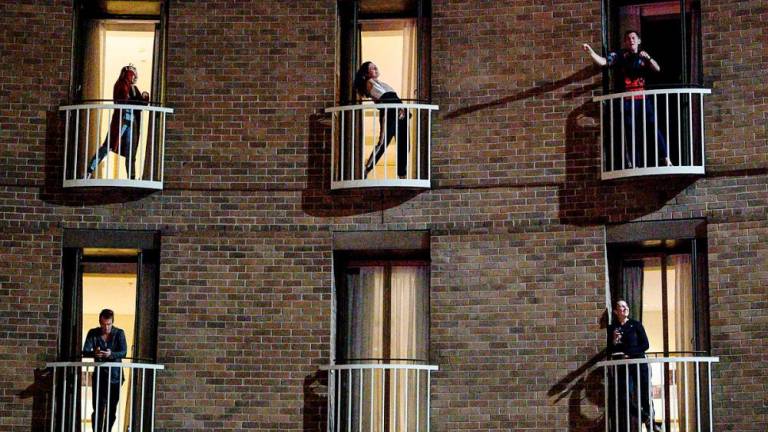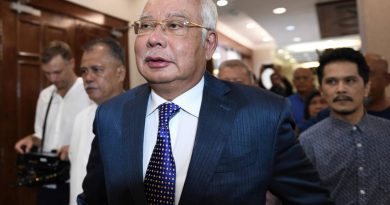Still floundering
PETALING JAYA: Domestic tourism has seen an upswing recently due to pent-up demand but this will not be sustainable and is insufficient, said the Malaysian Association of Hotels (MAH).
Its chief executive officer Yap Lip Seng said at the beginning of the recovery movement control order (RMCO) when domestic tourism was allowed, hotels were averaging about 12% occupancy.
But the implementation of home quarantine for returning Malaysians in June and July also led to a drop in business.
“Occupancy then picked up to approximately 26%, driven by domestic travellers, and then 29% to 38% when the government reimposed compulsory quarantine at hotels,” Yap told theSun.
He added the Merdeka weekend saw occupancy going up to 42% and now, hotels are averaging 39%.
“Popular destinations saw a pick-up in hotel occupancy rates, particularly at beach and seaside destinations such as Langkawi, Redang, Perhentian, Batu Ferringhi in Penang, Port Dickson and Malacca.
“These locations are recording occupancy rates ranging from 50% to 80% on average, and higher on weekends and holidays.
“However, main cities and destinations dependent on flight arrivals are still facing low occupancy levels. Hotels in Kuala Lumpur, Selangor, Johor, Kedah, Sabah and Sarawak average from 10% to 30%.”
Yap said based on an MAH survey, the hotel industry has a 55% dependency on domestic travellers and 45% on international visitors.
“As of now, we are already tracking a drop in average room rates of between 50% and 70%, translating to lower yield and revenue.
“This means the hotels are on survival mode, operating on lower yields purely to sustain and retain employees.”
He said hotels foresee domestic demand taking a dip when the loan moratorium ends this month. “Efforts to establish green travel corridors and bubbles are much needed to restart international tourism, an essential part of the industry.”
National Budget Hotels Association deputy president Dr Sri Ganesh Michiel said hotels at resort locations are seeing high occupancy but those in the cities are suffering.
He said those in resort areas have an occupancy of 80% to 90% but in cities, its down to about 30%.
“City hotels are suffering due to a lack of business travellers and a price war
“Some four or five-star hotels in the city area have dropped their prices to as low as RM100, thus forcing budget hotels to drop their prices to either RM40 or RM50,” he said.
Ganesh said an added problem is Airbnb operators are also dropping their prices.
This price war needs to stop and the government should step in to determine the lowest rate that can be set by high-end establishments, Ganesh added.
Source: TheSunDaily




